As much as our work is focused on mastering a growing body of knowledge, we see the true benefit of our efforts when we get out into the world and put our knowledge to work. That’s how our work moves the world forward.
Here, we convene an ambitious and a varying community of leaders and pioneers, connecting them to one another and to a world that will benefit from their work. Get to know our Faculty Experts.
Explore Areas of Research & Initiatives
-

Education Policy
Smarter policy research, evaluation, and analysis begin here.
-

Education, Culture, and Society
In a world where education intersects with diverse cultural landscapes, our research unravels the many ways that social contexts shape learning experiences.
-

Educational Linguistics
Advancing the field of language education for a constantly evolving world.
-
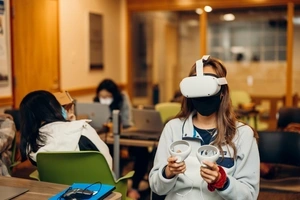
Education Entrepreneurship and Innovation
Putting mission-driven solutions into action for the greater good.
-

Higher Education
Helping higher education evolve to meet the needs of a diverse and dynamic world.
-

Human Development and Counseling
Understanding the deeper influences on education.
-
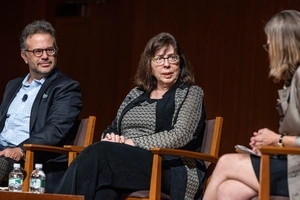
Leadership
At Penn GSE, we cultivate leaders who are not just prepared to guide, but to transform.
-
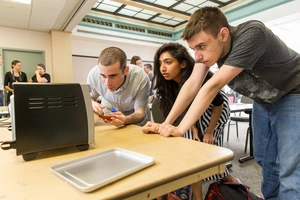
Learning Sciences & Technologies
Transforming education through cutting-edge research and technologies.
-
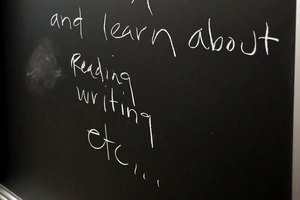
Literacy Studies
A holistic approach to literacy driven by our enduring commitment to educational change.
-

Quantitative Methods
Using state-of-the-art statistical methods and data science tools to create real change.
-
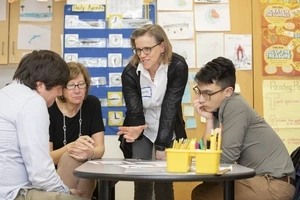
Teaching, Learning, and Teacher Education
Transforming how teachers teach–and how students learn–since 1914.
Get to Know Our Faculty Experts
Penn GSE faculty members are some of the most knowledgeable and innovative experts on education in the world.